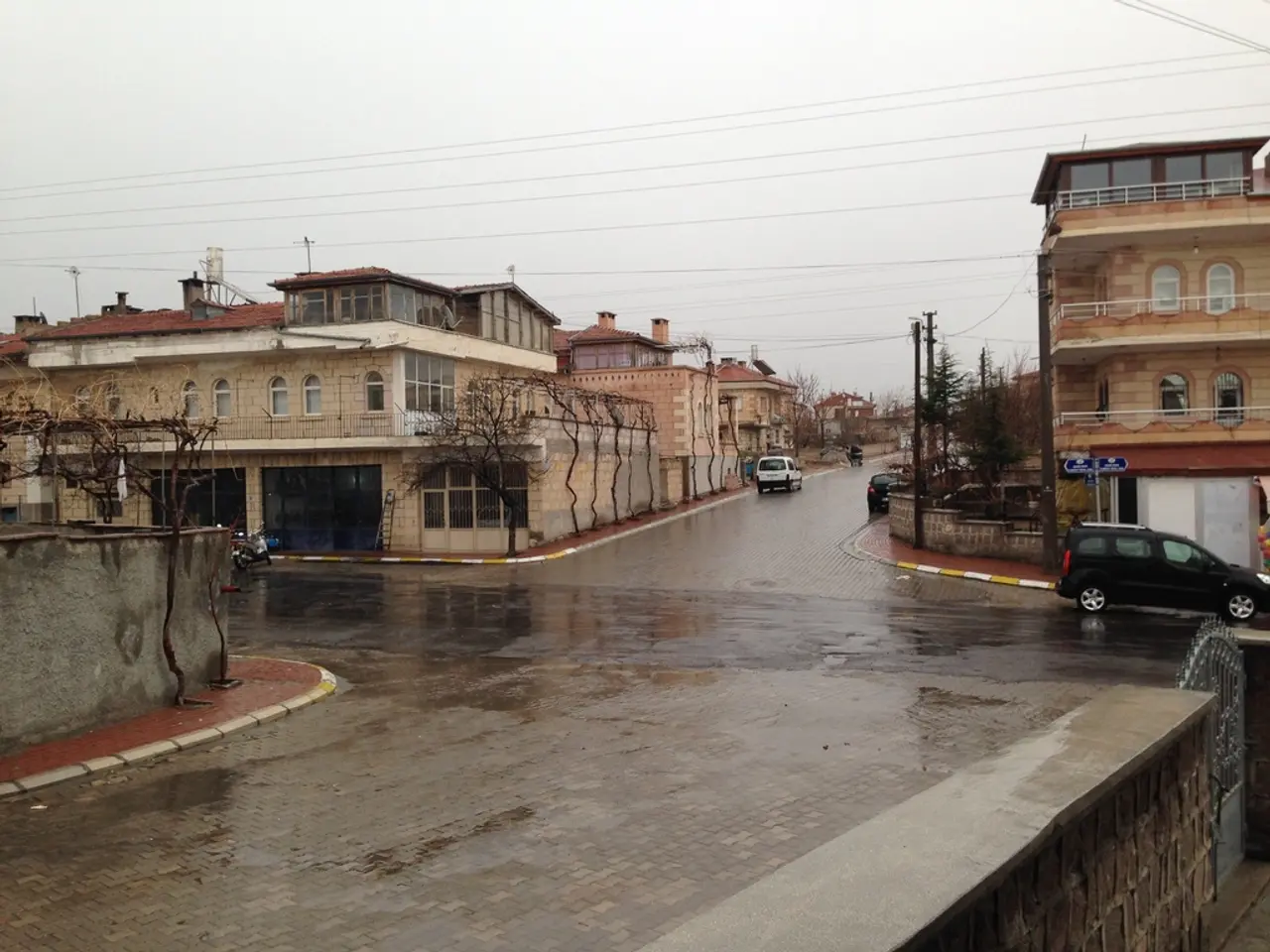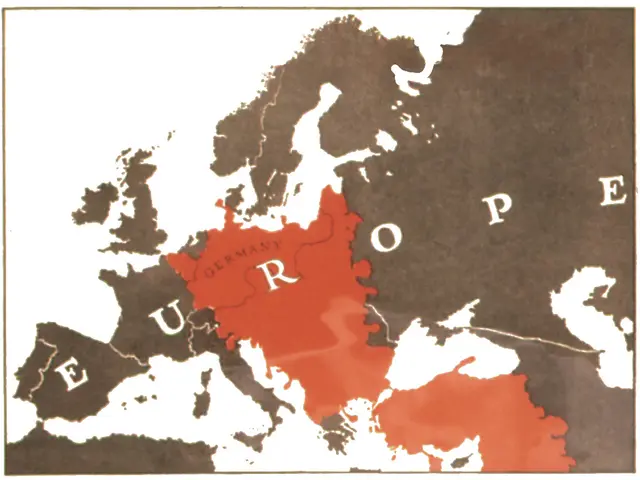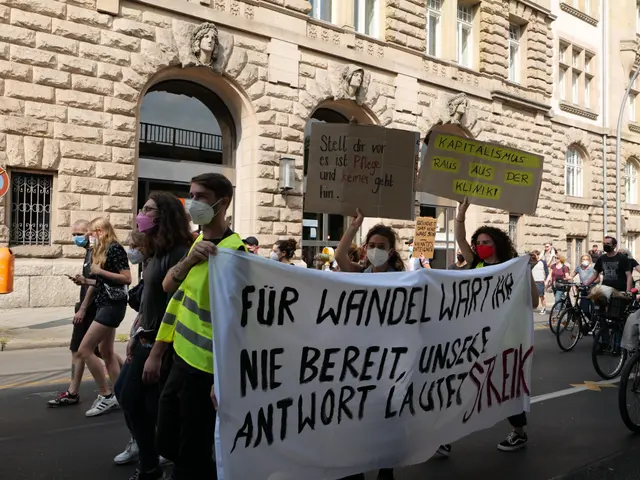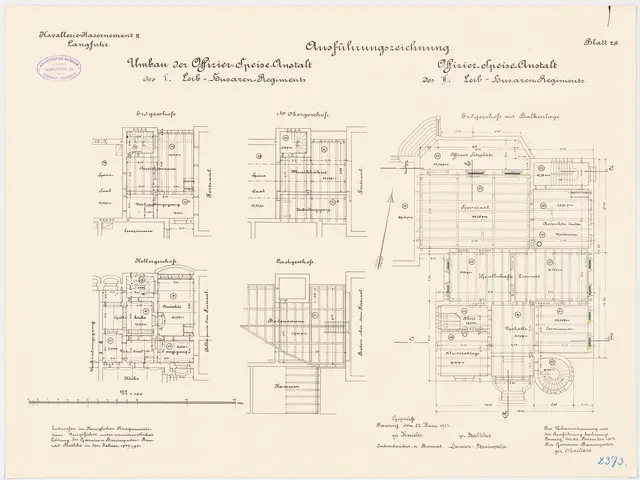VW Temporarily Halts EV Production in Germany Amidst Industry Transition
Volkswagen has temporarily halted electric vehicle production at its Zwickau and Dresden plants due to waning demand. This pause, however, does not reflect the overall progress of electric mobility in Germany, where eastern German plants accounted for nearly two-thirds of last year's electric car production.
The Automotive Cluster Ostdeutschland, led by Jens Katzek, views the automotive industry as being in transition, with electric mobility already a reality in Germany. Katzek advocates for reliability and planning security, rather than continually changing targets.
VW, which considers its Zwickau and Dresden plants central to its electric strategy, is using this production pause for training, maintenance work, and overtime reduction. Meanwhile, SPD leaders have reaffirmed their commitment to phasing out new internal combustion engines by 2035. However, CDU leader Friedrich Merz has called for the lifting of the ban on new internal combustion engines and for 'technological openness'. A speaker has also urged for continued tax exemptions and affordable charging prices for electric vehicles.
Despite the temporary halt in production, the shift towards electric vehicles in Germany continues, with eastern German plants playing a significant role. As the industry evolves, politicians are encouraged to discuss and implement policies that support this transition, ensuring reliability and affordability for consumers.
Read also:
- American teenagers taking up farming roles previously filled by immigrants, a concept revisited from 1965's labor market shift.
- Weekly affairs in the German Federal Parliament (Bundestag)
- Landslide claims seven lives, injures six individuals while they work to restore a water channel in the northern region of Pakistan
- Escalating conflict in Sudan has prompted the United Nations to announce a critical gender crisis, highlighting the disproportionate impact of the ongoing violence on women and girls.




